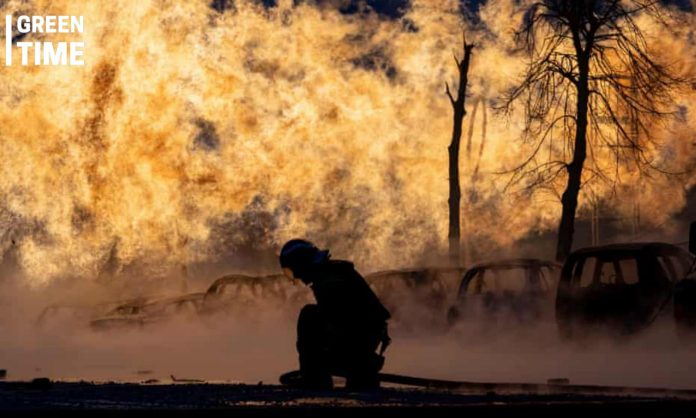Recent research reveals that the climate impact of the first two years of Russia’s war on Ukraine is greater than the annual greenhouse gas emissions of 175 individual countries, exacerbating the global climate emergency alongside the mounting death toll and widespread destruction.
According to the most comprehensive analysis ever of conflict-driven climate impacts, Russia’s invasion has generated at least 175 million tonnes of carbon dioxide equivalent (tCO2e). These emissions stem from direct warfare, landscape fires, rerouted flights, forced migration, and leaks caused by military attacks on fossil fuel infrastructure, as well as the future carbon cost of reconstruction.
The 175 million tonnes of emissions include carbon dioxide, nitrous oxide, and sulphur hexafluoride (SF6), the most potent of all greenhouse gases. This level of emissions is equivalent to running 90 million petrol cars for an entire year and exceeds the total annual emissions of countries like the Netherlands, Venezuela, and Kuwait in 2022.
Historically, governments have poorly accounted for the climate cost of war and the broader military-industrial complex. Official data is often incomplete or non-existent due to military secrecy, and researchers have limited frontline access. The economic cost of these greenhouse gases, which will have global repercussions, is even less understood. However, a new report by the Initiative on Greenhouse Gas Accounting of War (IGGAW) – partly funded by the German and Swedish governments and the European Climate Foundation – estimates that the Russian Federation faces a $32 billion (£25 billion) climate reparations bill for the first 24 months of war.
The UN General Assembly has stated that Russia should compensate Ukraine for the war, leading the Council of Europe to establish a registry of damage, including climate emissions. Frozen Russian assets could be used to settle these costs. The reparations estimate is based on a recent peer-reviewed study that calculated the social cost of carbon at $185 for every tonne of greenhouse gas emissions.
Lennard de Klerk, lead author of the IGGAW report, emphasized: “Russia is harming Ukraine but also our climate. This ‘conflict carbon’ is sizeable and will be felt globally. The Russian Federation should be made to pay for this, a debt it owes Ukraine and countries in the global south that will suffer most from climate damage.”
As the world grapples with the escalating climate crisis, it is imperative to recognize and address the environmental costs of conflicts. Holding aggressor nations accountable for their environmental destruction is a crucial step towards mitigating the long-term impacts on our planet and ensuring a sustainable future for all.

